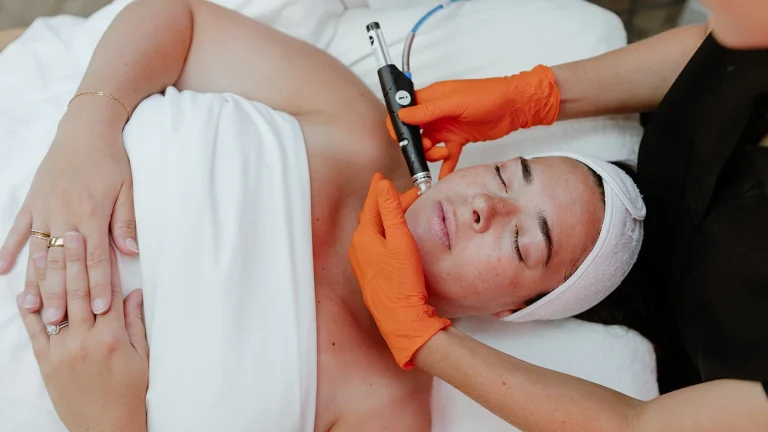Diarrhea is a common medical condition and every person will likely experience diarrhea a few times in the year. Diarrhea is when you experience loose stools for more than 3 times in a day. Most diarrhea is caused by food poisoning and normally goes away on its own without treatment. Diarrhea can however complicate and become life-threatening and therefore requiring emergency treatment.
When you go to see a doctor having a complaint of diarrhea, the doctor will take a history and do a physical examination especially of the gastrointestinal system, then order laboratory tests. All these will help the doctor to come up with the differential diagnosis and narrow down to the exact cause of diarrhea. You should seek treatment for Cypress diarrhea when it persists for long or when the diarrhea is bloody.
What Causes Diarrhea?
Diarrhea can be caused by eating food that is contaminated with bacteria like vibrio cholera which causes cholera and E. coli which causes travelers’diarrhea. Diarrhea can also be caused by viral infections in the gastrointestinal system like Hepatitis A and Rotavirus which are the most common causes of diarrhea in kids. Some medications cause diarrhea like antimetabolites and some antibiotics and acid-lowering drugs. Food allergies, cancer, and malabsorption syndromes also cause diarrhea.
Some diseases present with diarrhea like irritable bowel syndrome and Crohn’s disease. In people who lack the enzyme that breaks down lactose and they can get diarrhea after eating food that contains lactose like milk. Fructose intolerance can also cause diarrhea. Diarrhea can also occur post abdominal surgery. Diarrhea can also occur after taking excess laxatives when treating constipation.
Symptoms that are commonly associated with diarrhea include vomiting, abdominal pain, fever, mucoid stool, and nausea. Since water makes up 60% of the body weight, loss of water during episodes of diarrhea will lead to loss of weight.
How Do You Prevent Diarrhea?
The best way to prevent diarrhea is to maintain high standards of hygiene like washing hands after visiting the toilet and before preparing food and eating. You should also drink boiled or treated water because some bacteria that are found in water like Vibrio cholera can cause diarrhea. Increase your water intake to reduce the risk of dehydration after diarrhea. If you are allergic to lactose, avoid consuming products that contain lactose like milk.
When traveling to places where diarrheal diseases are endemic, ensure that you only eat clean and properly cooked food, and maintain high levels of hygiene. Do not take antibiotics without a doctor’s prescription or for no good reason because some of them can cause diarrhea. Always wash foods that are eaten raw to avoid diarrhea if they are contaminated with microorganisms.
What Are the Complications of Diarrhea?
The most common complication of prolonged or profuse diarrhea is dehydration. The symptoms that can show that you are dehydrated include dizziness, fatigue, dry mucous membranes, concentrated urine, lack of urine. Dehydration in children and infants presents with a lack of tears and urine, reduced activity, and sunken eyes.
Dehydration can further cause other problems like kidney failure and heart failure. You should seek medical attention when you have bloody diarrhea, diarrhea that does not resolve on its own, fever, abdominal pain, and any of the symptoms of dehydration.
Conclusion
Diarrhea is a common problem that is mostly caused by food poisoning and most times is self-limiting. If diarrhea persists for a long period or becomes bloody and you experience fatigue, dizziness and reduced or no urination, you should seek medical attention.

















